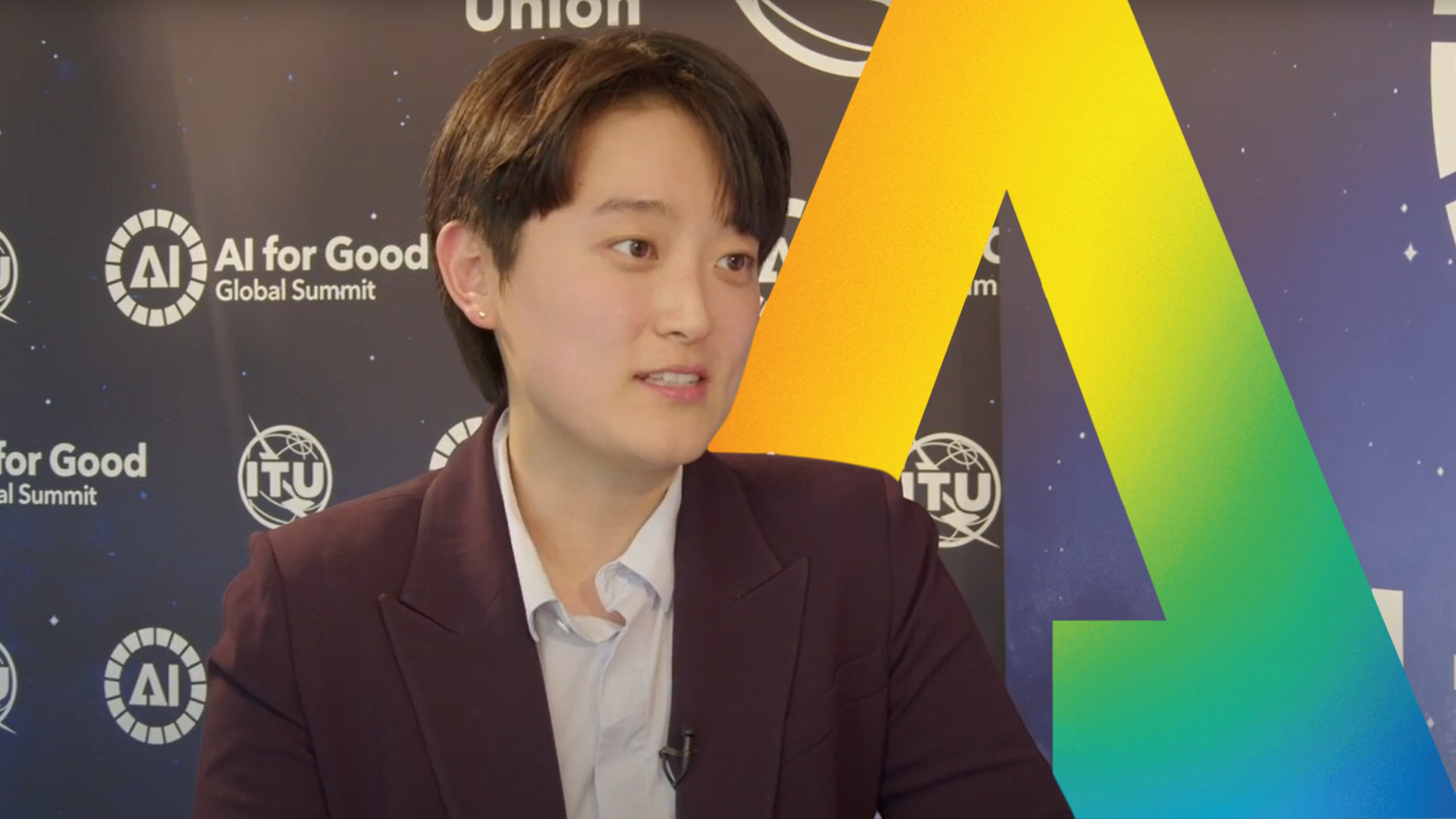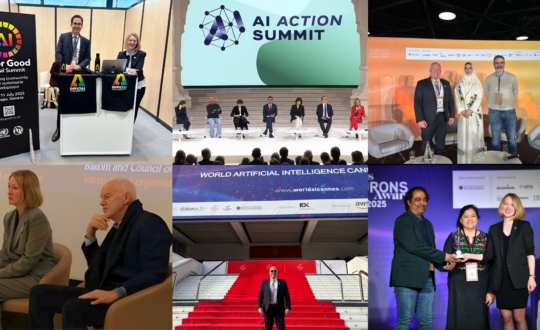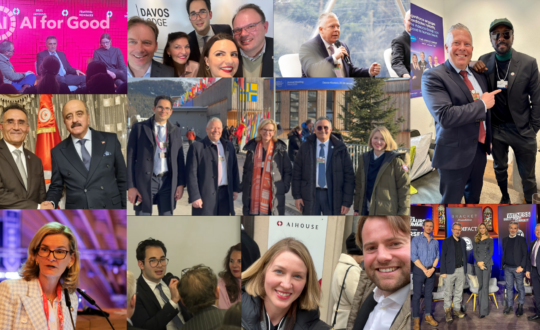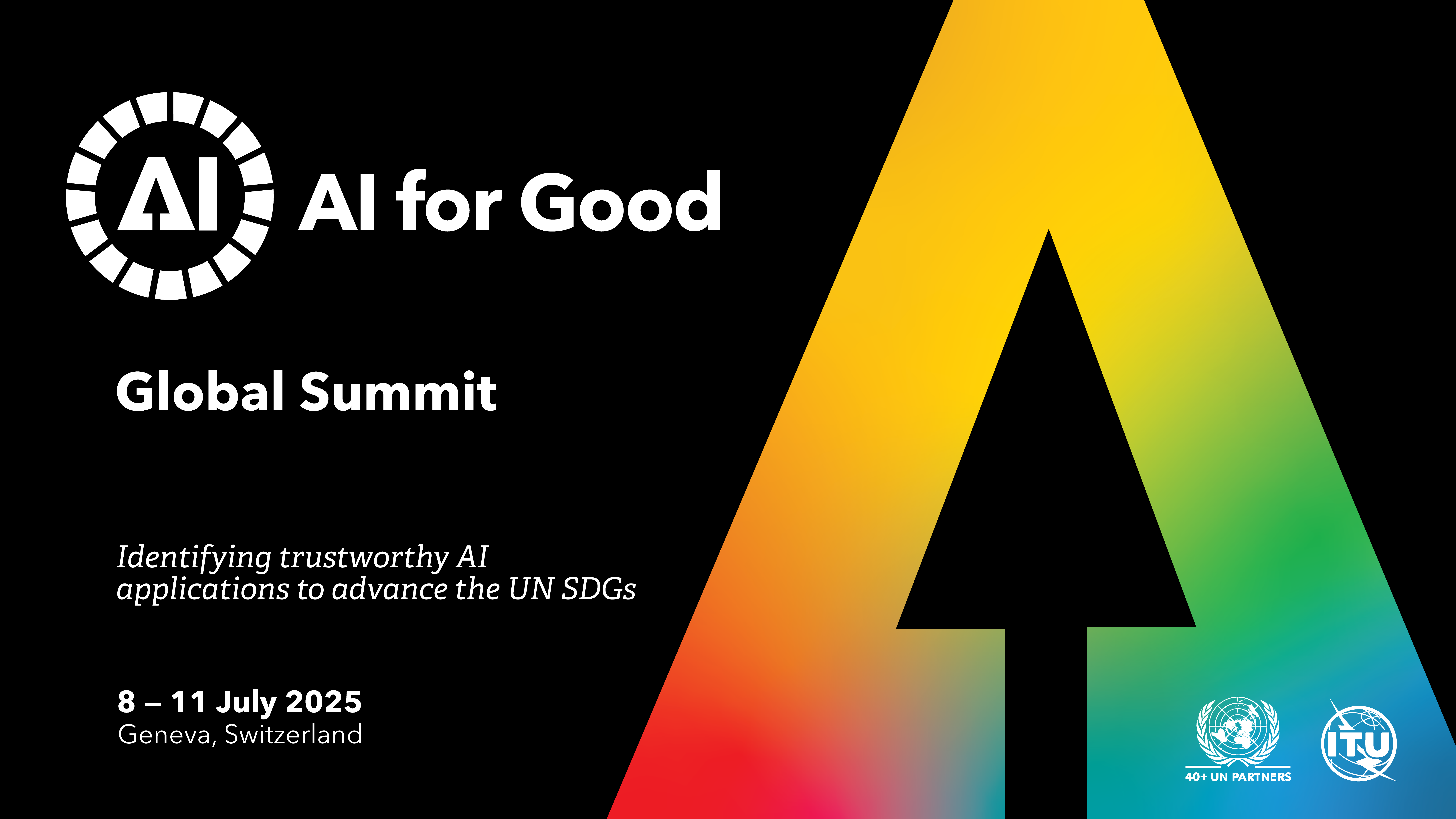The AI for Good Global Summit 2024, held in Geneva, brought together leaders and innovators from various sectors to discuss the transformative potential of artificial intelligence (AI). Among the distinguished speakers was Yuna Yang, Deputy Director of the ICT Policy Division at the Ministry of Science and ICT of the Republic of Korea. Yang provided valuable insights into the importance of involving youth in AI decision-making processes and the role of international cooperation in AI governance.
Yang began by emphasizing the critical need to include youth in shaping the future influenced by AI and other technologies.
“The future shaped by AI and technologies is for our future, so youth should be included in the decision-making process,” she stated.
She pointed out that youth voices are often underrepresented in these discussions, which is something South Korea is actively working to change.
To address this, South Korea has implemented an online platform that allows young people to provide feedback on digital policies. Yang explained that the government created this platform to enable users to drop comments, vote on digital policies, and suggest ideas, ensuring that the perspectives of the youth are considered in policy-making.
When asked about the main concerns of young people, Yang highlighted the issue of copyrights related to AI-generated content. She noted that many people use generative AI to produce artworks and wonder if these artworks can be copyrighted. This is a global issue, as current regulations struggle to keep pace with technological advancements. Young people are keenly interested in how to resolve this problem quickly.
Yang discussed the general attitude of young people towards new technology, noting that in South Korea, there is a high level of acceptance. She attributed this to South Korea’s history as an ICT powerhouse, leveraging technological advancements since the information revolution of the 1990s to improve productivity and work efficiency.
Addressing the concern that technology can create greater inequalities, Yang acknowledged the dual impact of generative AI.
“Generative AI can bridge the digital divide by making AI technologies more accessible,” she explained.
However, she also recognized the risk of a larger divide between those who can use AI and those who cannot. To mitigate this, Yang suggested implementing education programs, training, mentorship, and even vouchers to make AI usage more accessible.
Reflecting on the parallels between the early internet and the current state of AI, Yang observed that AI is rapidly transforming societal and economic structures, much like the internet did 20 years ago.
“AI is changing our way of living and our economic and societal structures in a very rapid way,” she said, comparing its impact to that of the first emergence of the internet.
Looking ahead, Yang expressed her hopes for actionable plans and implementations to come out of the summit She emphasized the importance of this year’s summit focusing on actionable plans and implementations. She pointed to recent global efforts, such as the G7 Hiroshima process, the EU’s AI Act, and the AI Safety Summit in Bletchley Park, as significant discussions that now need to be harmonized and translated into tangible changes.
Yang highlighted South Korea’s proactive role in AI governance, mentioning the recent AI Seoul Summit co-hosted with the United Kingdom, where they set up directions for global AI governance with principles and discussed international cooperation measures. She stressed the urgency of proactive governance, saying:
“Technology never waits for us, so we should be more proactive and move forward.”
Concluding the interview, Yang reiterated the importance of youth involvement and proactive governance in harnessing AI for the greater good. Her insights at the AI for Good Global Summit underscore the Republic of Korea’s commitment to inclusive and forward-thinking AI policies. By focusing on youth engagement and international cooperation, South Korea aims to ensure that AI developments are ethical, inclusive, and beneficial for all.
Yuna Yang’s contributions at the summit highlight the transformative potential of AI and the crucial role of inclusive decision-making in shaping its future. Her vision for AI governance combines technological innovation with a strong ethical framework, ensuring that AI advancements are secure, transparent, and equitable. As AI continues to evolve, the strategies and policies emphasized by Yang provide a roadmap for harnessing technology to benefit society at large.
















